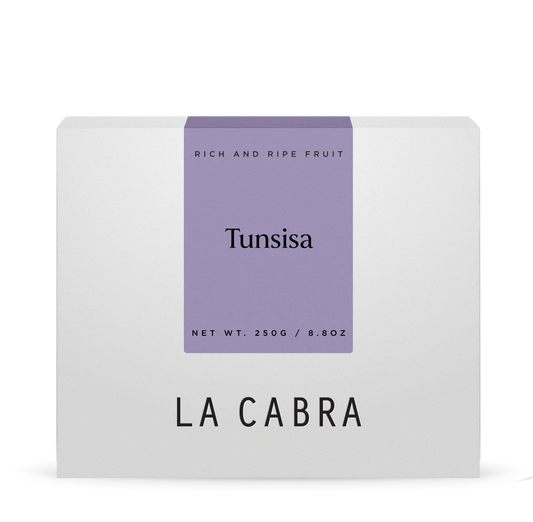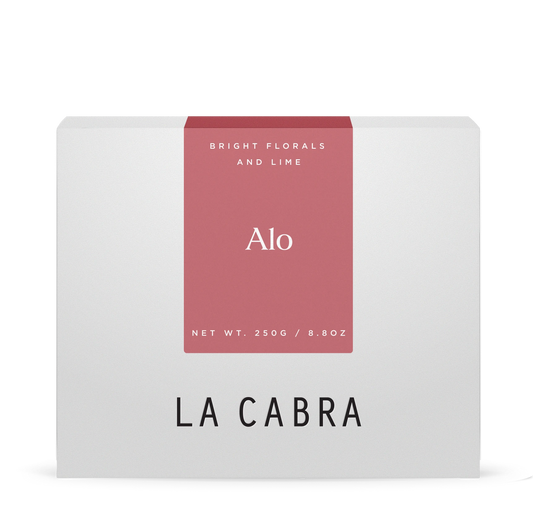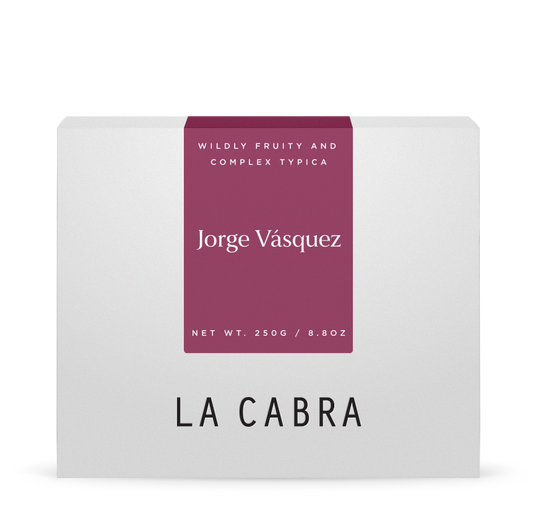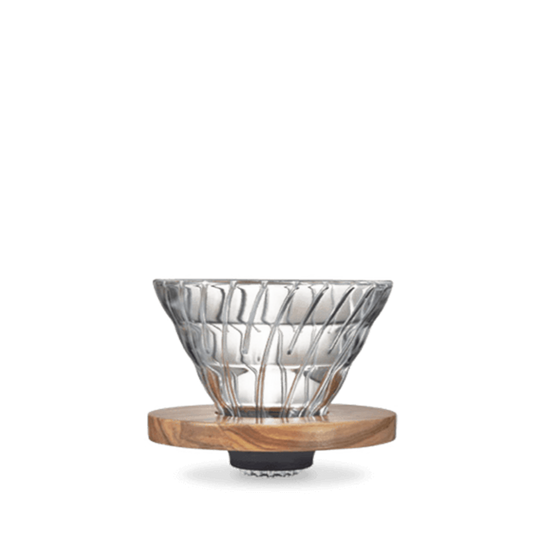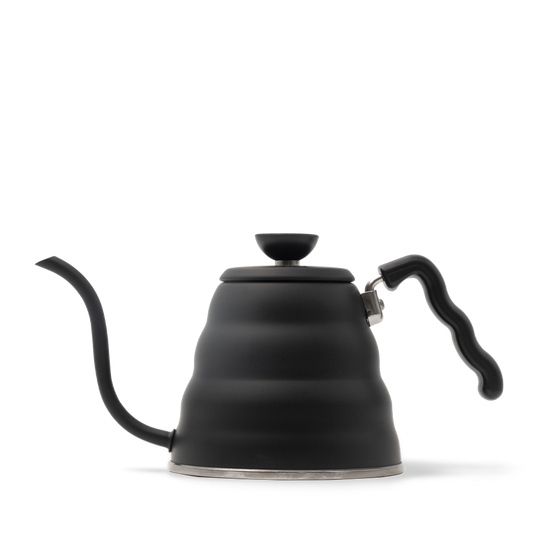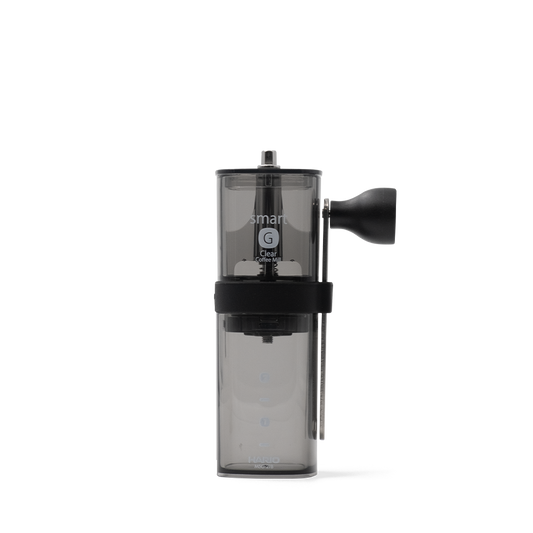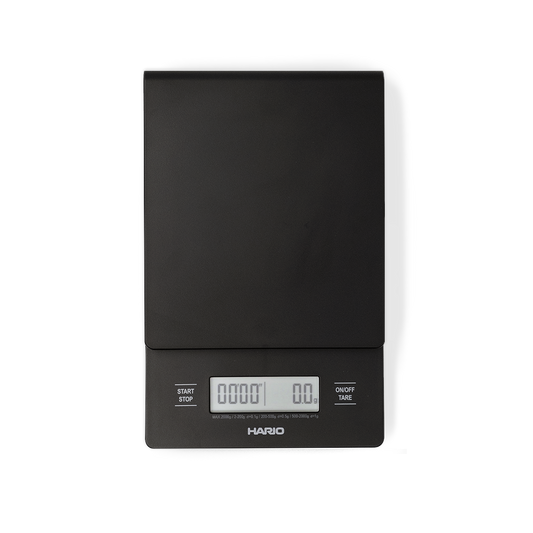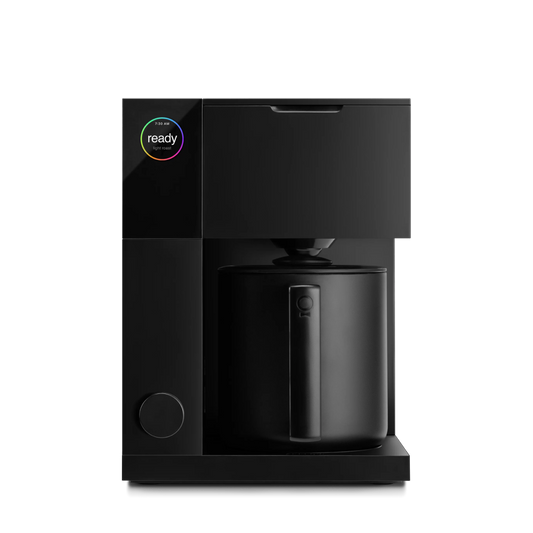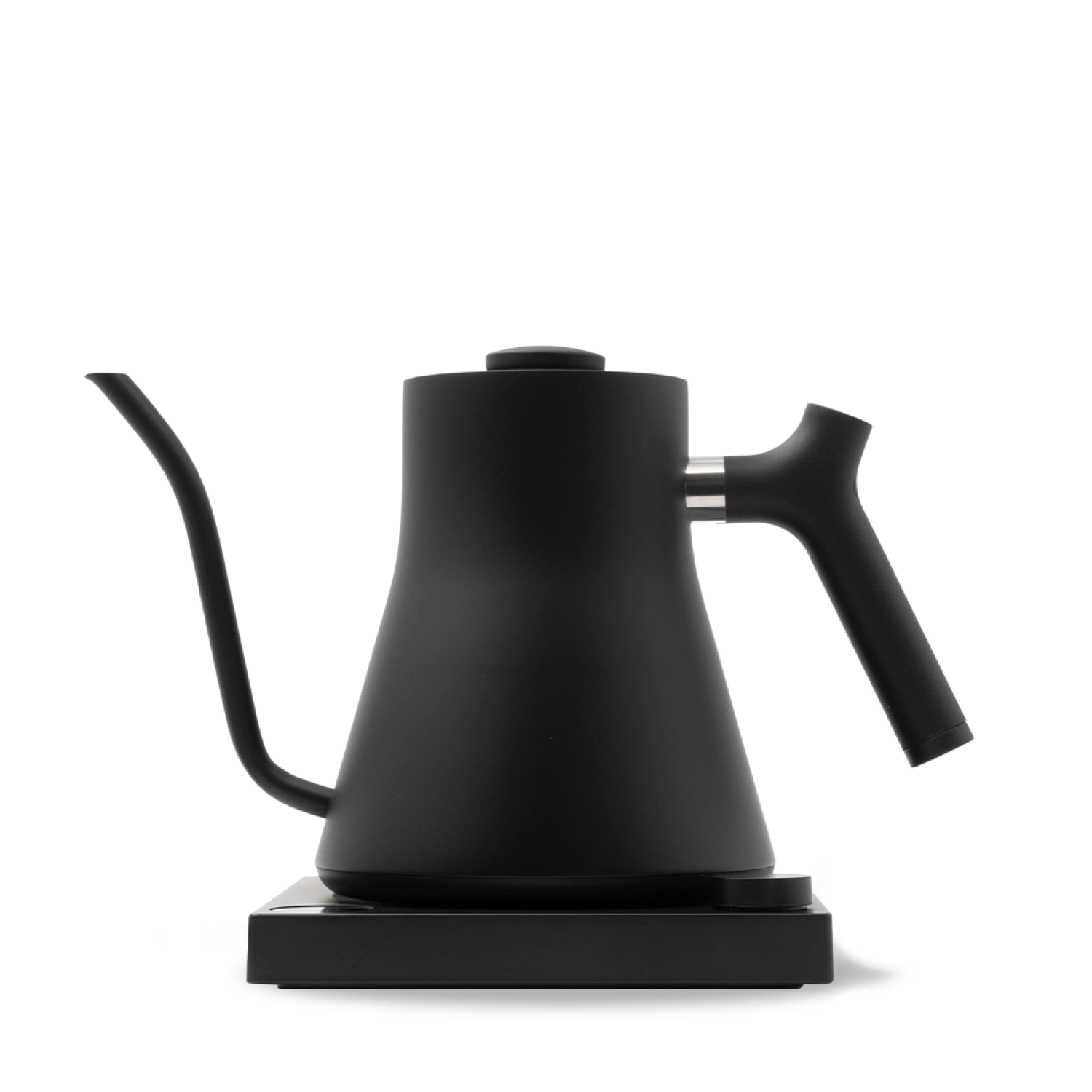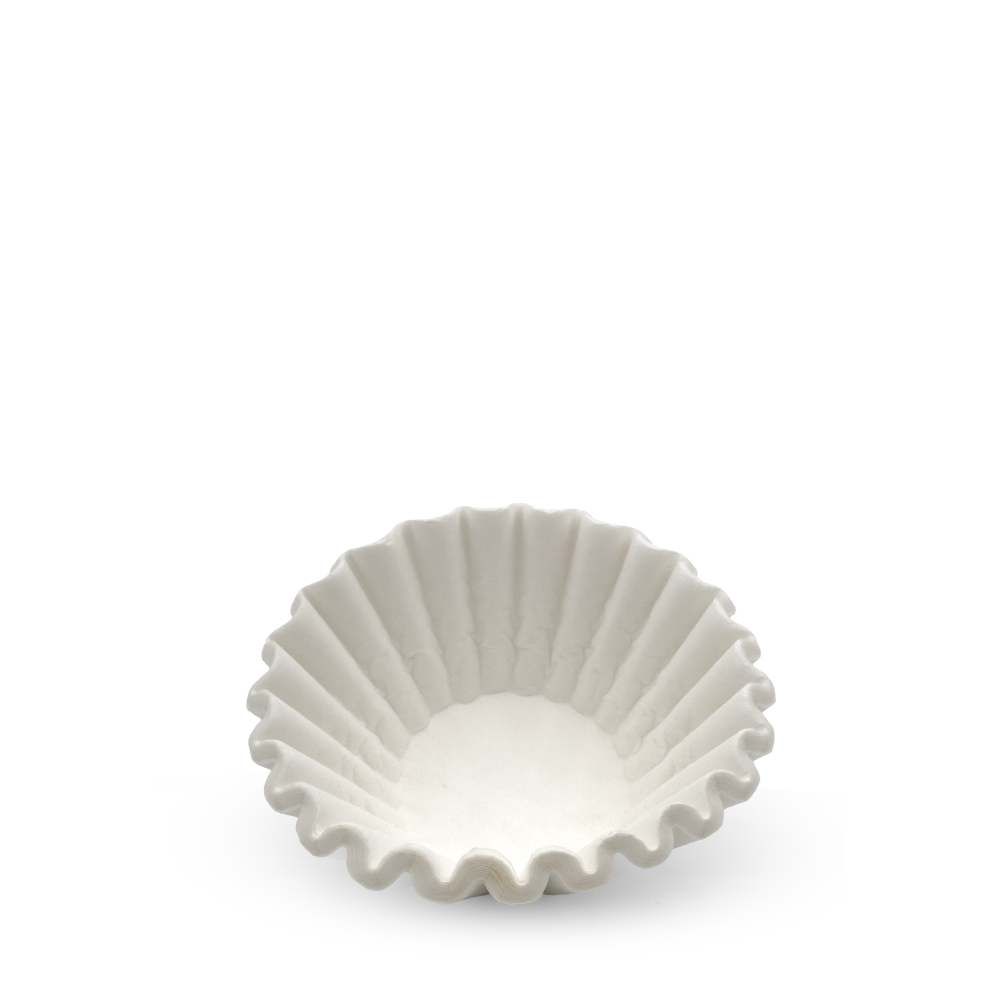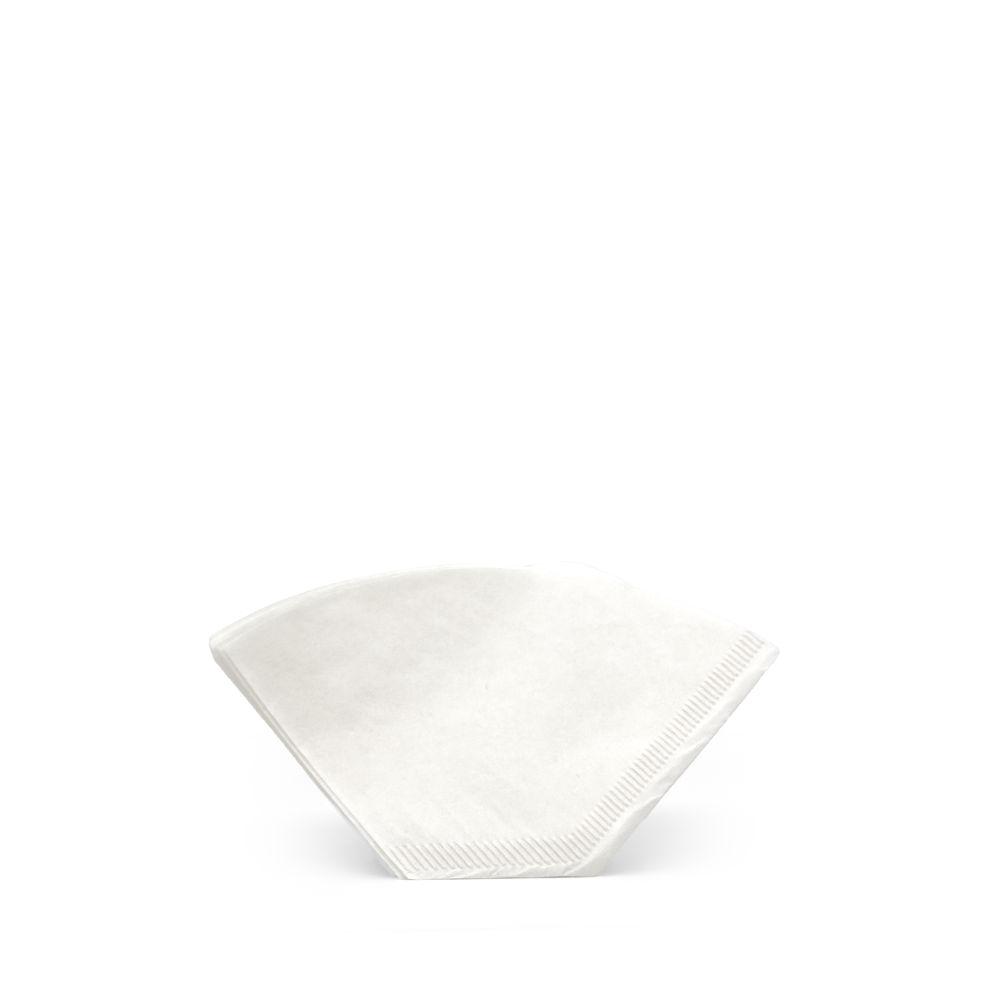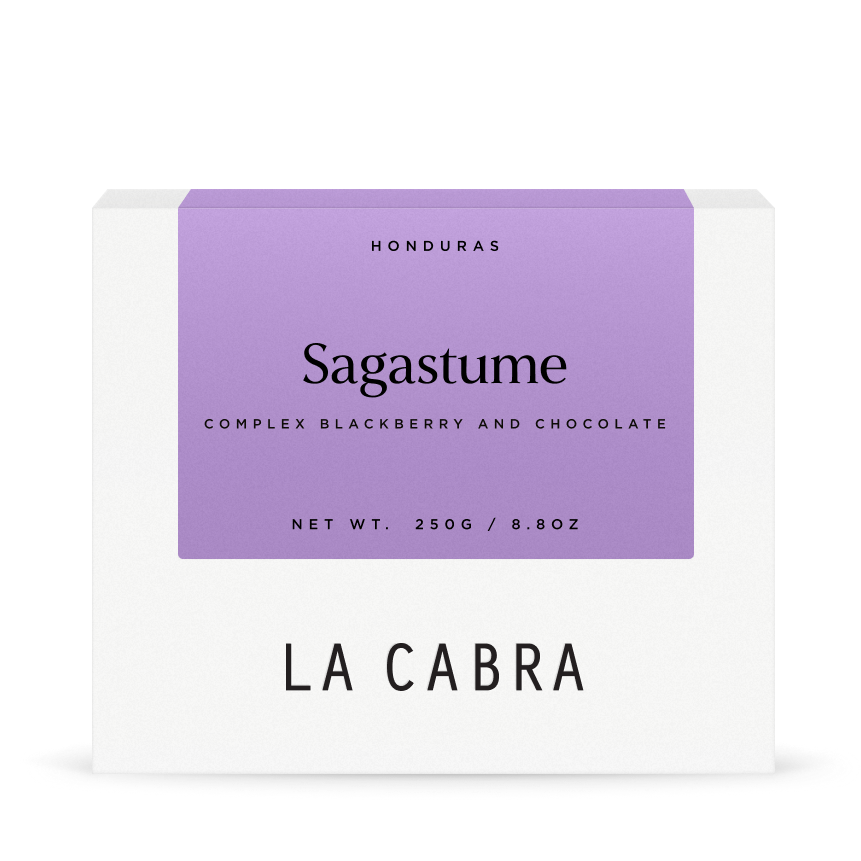
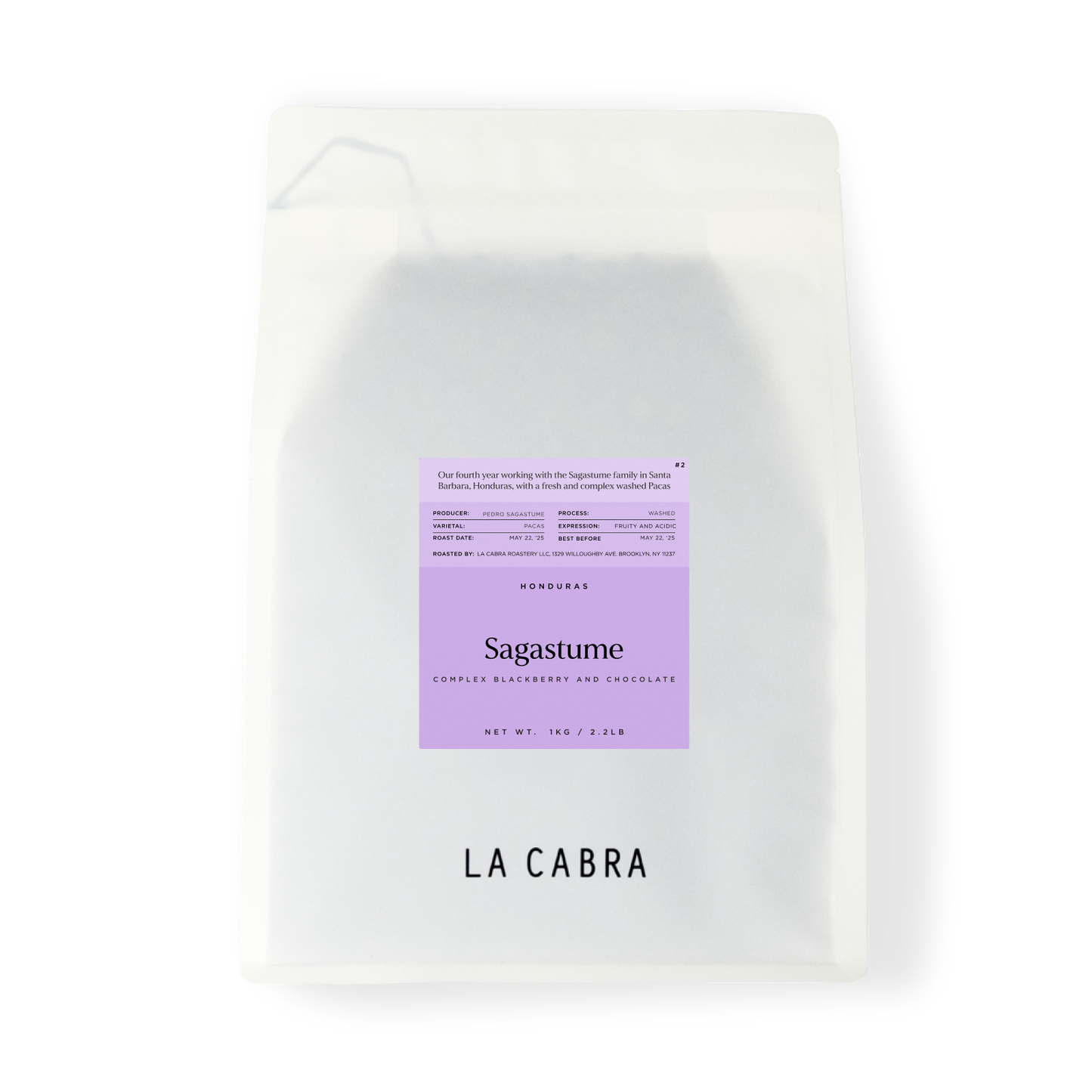
Pedro Sagastume
The Sagastume family have been involved in coffee in Santa Barbara for over a century, long before the recent recognition of the potential of the area. Pedro Sagastume’s father was allocated almost 80 hectares from state-owned lands in 1908, near the village of El Zapote. This land had to be split between Pedro and his 9 siblings on his father’s death, but Pedro’s hard work over the years has expanded his land, earning his place in the speciality coffee market through tireless research and savvy investment. Pedro is the head of the family, and as he grows older, he has begun to split the family’s land between his sons Yeltsin, Yerin and Heyvis.

Coffee production is still a family effort; all of the picked cherry is still processed at the wet mill next to the family home. We visited the Sagastumes in March 2023 and in April 2024, touring each of their pockets of land, and observing their work in processing, some of the most organised and professional we see each year in Santa Barbara. We also tasted honey from the Sagastume’s production, a small side project enabled by the healthy bee population on the farms, a testament to their careful approach to farming, with no chemical fertilisers or pesticides used.

Washed Pacas
This Pacas was grown at Los Quetzales, one of the plots managed by Pedro, harvested in April of 2024. Los Quetzales is one of the newest and highest altitude plots, the jewel in the Sagastumes’ crown. The family purchased these 18 hectares on the edge of the national park in 2012, planting mainly Pacas and Parainema, but added SL28, Pacamara, Typica and Geisha after realising the incredible quality potential of cherries grown here. Pacas is a natural mutation of Bourbon, that causes the plant to grow much shorter, so it is easier to pick and can be planted in closer proximity, leading to higher yields per hectare. The varietal is named for the Pacas family, one of the most well known producers of coffee in El Salvador. The variety was discovered on their farm San Rafael in 1956, and as well as higher yields, was also resistant to many diseases and climate conditions.

This lot was processed using a washed method; de-pulped, fermented for 20 hours and washed carefully, before 14 days of drying on raised beds underneath plastic solar drying tunnels. This leads to a fresh and complex profile with notes of blackberry and rhubarb balanced by a deep finish of hazelnut and milk chocolate. We have tasted several lots from the Sagastume family in recent years, and have been consistently impressed.










